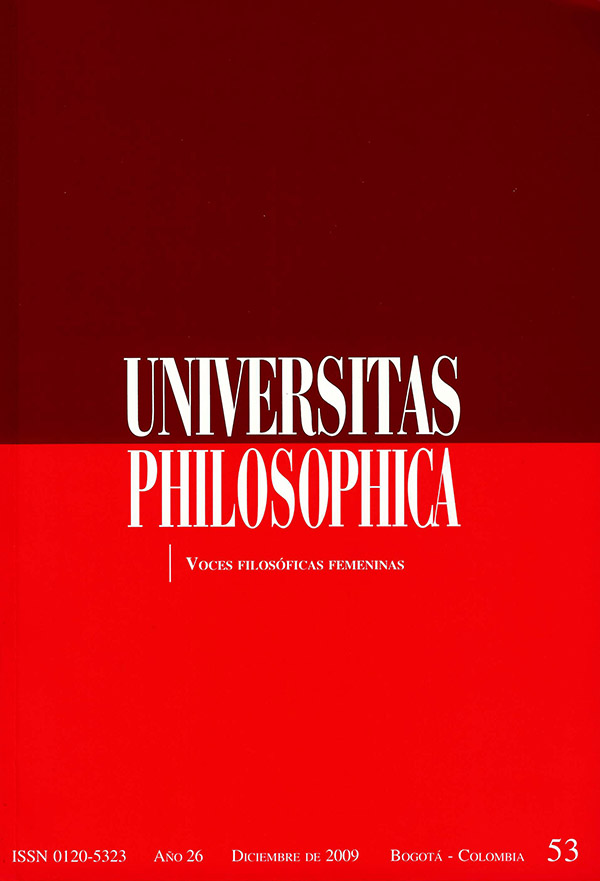Resumen
Si nos preguntamos: “¿es el saber informático ampliamente tecnificado el que nos presenta problemas que pueden ser resueltos por una reflexión filosófica? o, quizás, ¿es este saber el que puede responder por sí solo a este tipo de problemas?”, podríamos responder definiendo a los objetos informáticos según la perspectiva ontológica interna elaborada por Carnap, en la que la realidad de un objeto está dada por un “mundo posible” y su existencia por su adaptación a los diferentes elementos del mundo dado. Así, el saber informático se presenta bajo diferentes mundos tales como el de los fenómenos empíricos, el del lenguaje, de los cálculos, de los sistemas formales generales y de la complejidad. Estos mundos son el soporte de la construcción de los objetos y dentro de cada uno de ellos hay problemas filosóficos y epistemológicos auténticos. Estos mundos conforman una “genealogía” del saber informático y ellos en conjunto muestran a un objeto informático en su totalidad.
Esta revista científica se encuentra registrada bajo la licencia Creative Commons Reconocimiento 4.0 Internacional. Por lo tanto, esta obra se puede reproducir, distribuir y comunicar públicamente en formato digital, siempre que se reconozca el nombre de los autores y a la Pontificia Universidad Javeriana. Se permite citar, adaptar, transformar, autoarchivar, republicar y crear a partir del material, para cualquier finalidad (incluso comercial), siempre que se reconozca adecuadamente la autoría, se proporcione un enlace a la obra original y se indique si se han realizado cambios. La Pontificia Universidad Javeriana no retiene los derechos sobre las obras publicadas y los contenidos son responsabilidad exclusiva de los autores, quienes conservan sus derechos morales, intelectuales, de privacidad y publicidad.
El aval sobre la intervención de la obra (revisión, corrección de estilo, traducción, diagramación) y su posterior divulgación se otorga mediante una licencia de uso y no a través de una cesión de derechos, lo que representa que la revista y la Pontificia Universidad Javeriana se eximen de cualquier responsabilidad que se pueda derivar de una mala práctica ética por parte de los autores. En consecuencia de la protección brindada por la licencia de uso, la revista no se encuentra en la obligación de publicar retractaciones o modificar la información ya publicada, a no ser que la errata surja del proceso de gestión editorial. La publicación de contenidos en esta revista no representa regalías para los contribuyentes.


